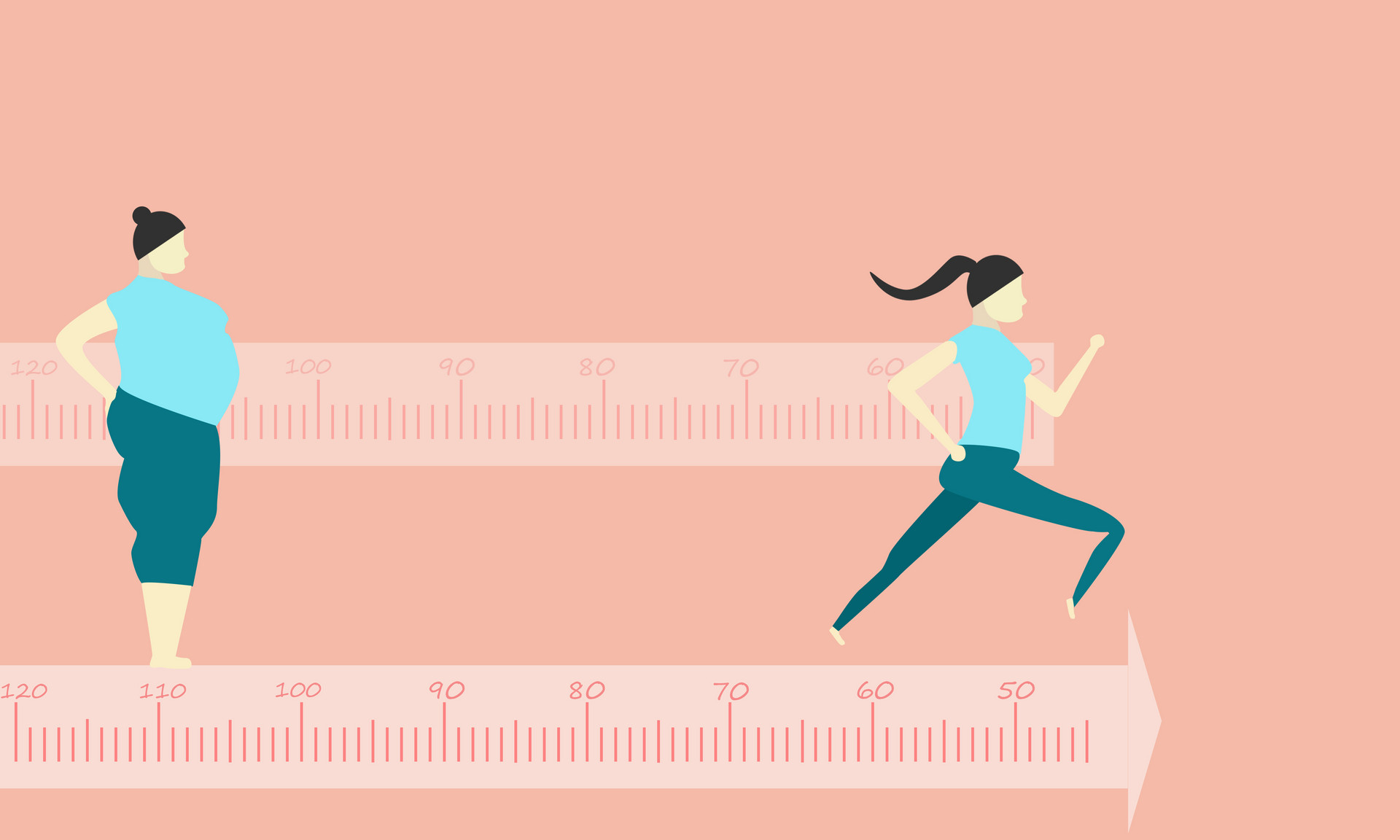How much do you know about traditional Chinese medicine for weight loss? Do you really need to lose weight? Who is suitable for traditional Chinese medicine weight loss? Are there any taboos for traditional Chinese medicine weight loss? Let's take a brief look together with the editor. It may be helpful for those who want to lose weight.
Traditional Chinese Medicine Weight Loss
Traditional Chinese medicine weight loss mainly achieves weight reduction through acupuncture at specific acupoints and other commonly used auxiliary treatment methods in Chinese medicine. Modern medicine believes that simple obesity is often accompanied by endocrine disorders, such as abnormal hormones, especially insulin, sex hormones, adrenal cortex hormones, and leptin, which can be regulated by acupuncture to normalize endocrine function. By using the principle of traditional Chinese medicine treatment based on syndrome differentiation, starting from adjusting endocrine function, comprehensive treatment including acupuncture and acupoint stimulation is used to adjust the nervous and endocrine function of obese individuals.
Overview of Obesity
Obesity refers to a state of significant overweight and excessive fat accumulation, particularly the excessive accumulation of triglycerides, which leads to pathological and physiological changes or latent changes in the human body. The evaluation standard is: degree of obesity = (actual weight - standard weight) / standard weight × ±100%.
Classification of Obesity
Traditional Chinese medicine has long recorded its understanding of obesity, and the causes are often related to "dampness, phlegm, and deficiency". Traditional Chinese medicine classifies obesity into the following categories based on its causes:
1. Abdominal obesity: caused by excessive liver qi, often accompanied by constipation and tendencies of high blood pressure.
2. Deficiency obesity: caused by excessive or weak kidney function, often accompanied by symptoms such as irregular menstruation and cold hands and feet.
3. Lipid obesity: caused by excessive blood qi, which can easily lead to heart disease.
4. Pathological obesity: caused by insufficient blood qi and excessive yang qi in the spleen, belongs to postpartum obesity and hormonal obesity.
5. Qi obesity: caused by abnormal triple energizer meridian, belongs to mental stress-related obesity.
For these types of obesity, traditional Chinese medicine believes that the fundamental cause is the imbalance of yin and yang, which directly affects the acidity and alkalinity of body fluids and the activity of enzymes in the body. Traditional Chinese medicine can adjust the body from the inside out, starting from regulating endocrine function and adjusting the liver, spleen, kidney, heart, lungs, and triple energizer, etc., through the effects of qi, blood, body fluids, to achieve the unity of the body and achieve the goal of weight loss. At the same time, Chinese herbal medicine has no side effects and can also play a role in nourishing and health preservation.
Traditional Chinese medicine believes that obesity is mostly a syndrome of deficiency with excess. Deficiency is mainly manifested as qi deficiency, and if combined with yin-yang imbalance, there may be yang deficiency or qi-yin deficiency. The disease mainly affects the spleen, kidneys, liver, gallbladder, heart, and lungs. Clinically, spleen and kidney qi deficiency is the main focus, and liver-gallbladder dysfunction can also be seen. Excess is mainly manifested as fatty deposits and phlegm turbidity, often accompanied by water dampness, without concurrent blood stasis or qi stagnation. There may be emphasis and complexity between the excess and deficiency. In clinical practice, the key points should be grasped, the syndrome should be carefully diagnosed, and the medicine should be carefully prescribed in order to achieve satisfactory therapeutic effects.
Calculation Formula
Body Mass Index (BMI) = weight / height squared (in kg/m) Ideal weight (kg) = (18.5-23.9) × height squared (in m) According to the standards set by the World Health Organization, if the BMI (Body Mass Index) of Asians is higher than 22.9, it is considered overweight.










